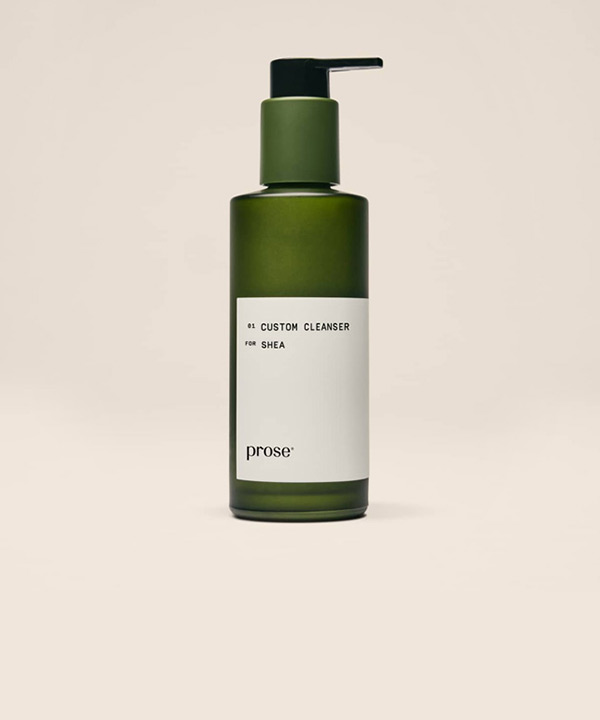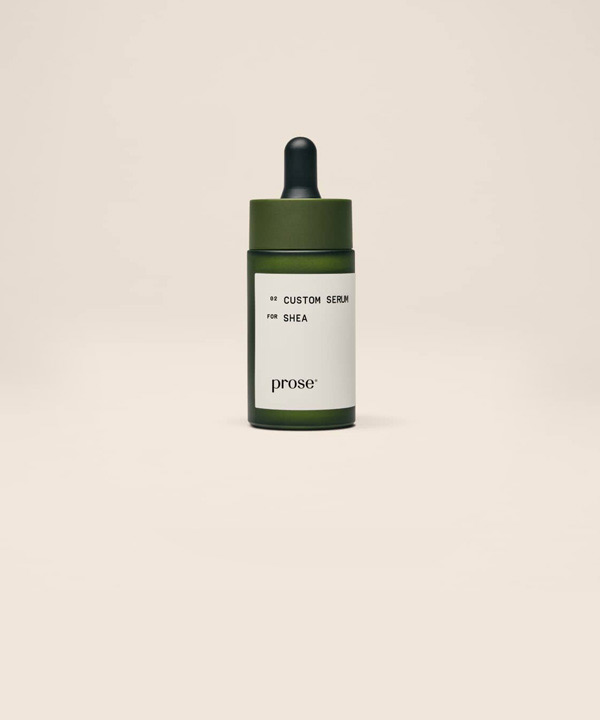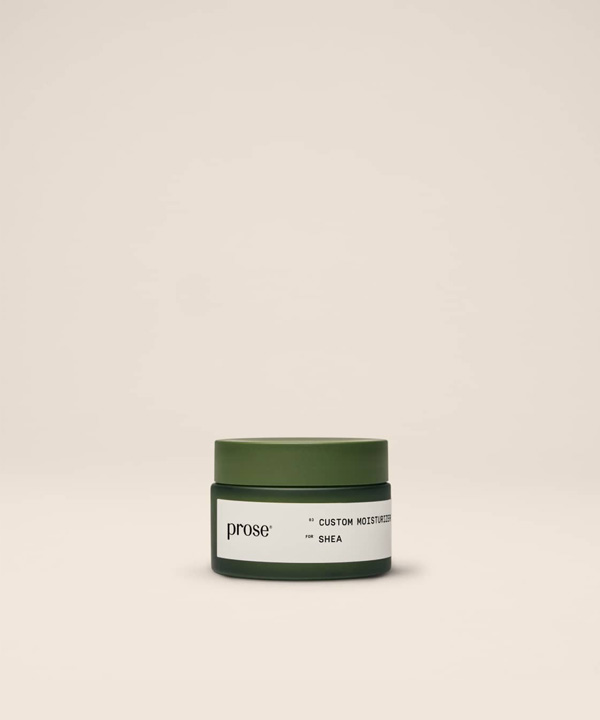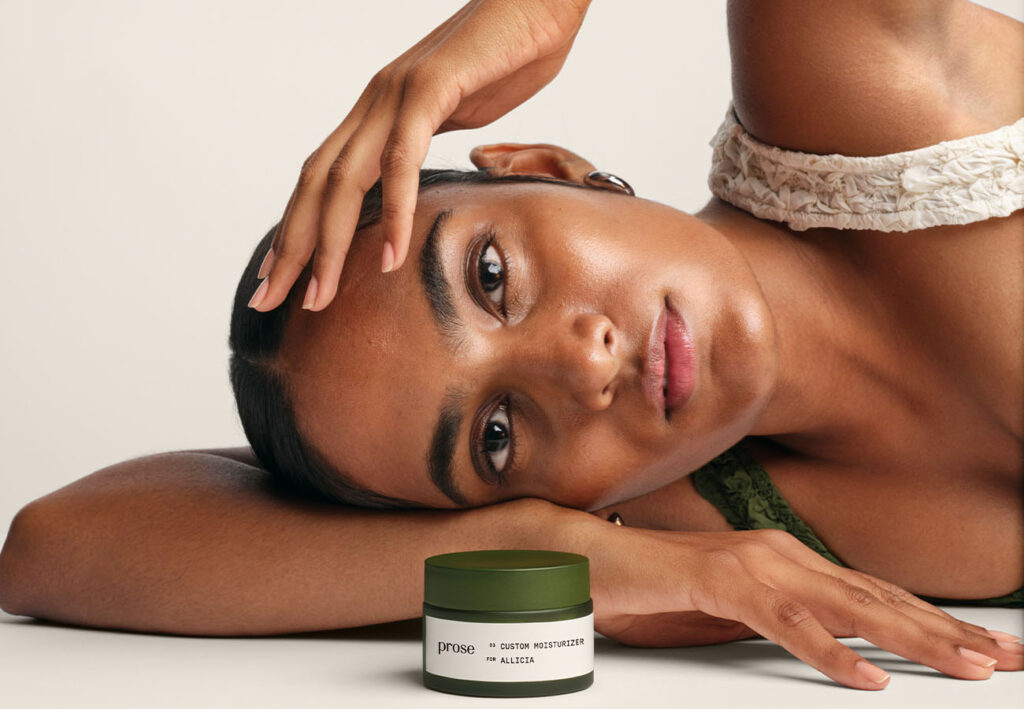Serum or Moisturizer First?
Should I Use Serum or Moisturizer First in My Nighttime Skincare Routine?
Applying serum to clean skin prior to bedtime offers many benefits. As you sleep, your body goes through a natural repair process. During this time, the skin cells turn over and regenerate, and serums are formulated to enhance this natural turnover.
Serums containing antioxidant-rich niacinamide and vitamin C may help promote skin radiance and lighten the look of dark spots and hyperpigmentation. When used at night prior to bedtime and paired with the appropriate moisturizer, these serums have several uninterrupted hours to repair, nourish and strengthen the skin.
What Serum Should I Use First in My Morning Skincare Routine?
Hyaluronic acid is a substance that’s naturally present in the body, and it keeps the skin and tissues lubricated and cushioned. Natural aging, environmental factors and lifestyle habits such as smoking can cause the hyaluronic acid in the body to deplete over time.
Serums containing synthetic hyaluronic acid may help replace lost moisture and skin buoyancy. These serums can be used in the morning or evening to provide daily or restorative hydration.
Always made to order. Never made to waste.
Exclusive Trial Offer Get 60% Off + Free Gift

Ingredients in Serums and Moisturizers That Shouldn’t Be Used Together
Using serum and moisturizer together can help increase skin hydration, control sebum production, calm redness and even skin tone. However, certain active ingredients in serums and moisturizers can lead to adverse reactions or reduced benefits when used together. Here’s a quick breakdown of what to avoid when pairing serum and moisturizer.
Water-Based Serums and Oil-Based Moisturizers
Water-based serums are lightweight and absorb quickly, while oil-based moisturizers contain rich emollients formulated to nourish and protect the skin. While both products work great on their own, mixing an oil-based moisturizer with a water-based serum can create a filmy residue and hinder moisture absorption.
Niacinamide and Vitamin C
Niacinamide is a powerful form of vitamin B3 that may aid in reducing redness and controlling sebum when used as an active ingredient in a serum or moisturizer. Topical vitamin C is a potent antioxidant that promotes brighter skin, encourages skin cell turnover and provides hydration.
Niacinamide and vitamin C are highly beneficial when used on their own, but pairing these ingredients with serum and moisturizer may increase sebum production and lead to breakouts. Some serums are formulated with both niacinamide and vitamin C, and these products are both safe and effective. However, layering a vitamin C serum with a moisturizer containing niacinamide may cancel out the benefits of each standalone ingredient.
Should I Use Moisturizers and Serums With the Same Active Ingredients?
Using moisturizers and serums with the same active ingredients can sometimes result in “too much of a good thing.” If your serum and moisturizer both contain hyaluronic acid, using these products together may create a moisture imbalance and lead to breakouts.
The same goes for moisturizers and serums formulated with vitamin C. This active ingredient is highly potent, and a little goes a long way. When moisturizers and serums that contain vitamin C are used together, it can increase the risk of skin irritation and potential breakouts.
Customize Your Serum and Moisturizer Routine With a Prose Skincare Consultation
Now that you’ve learned the ins and outs of using serum or moisturizer first, Prose can help you take your skincare routine to the next level. Our dermatologist-tested skincare line of serums, moisturizers and cleansers is formulated with naturally effective ingredients that protect, hydrate and nourish the skin. Take the Prose skincare consultation today and build a bundle of customized products to meet your skin’s unique needs.









